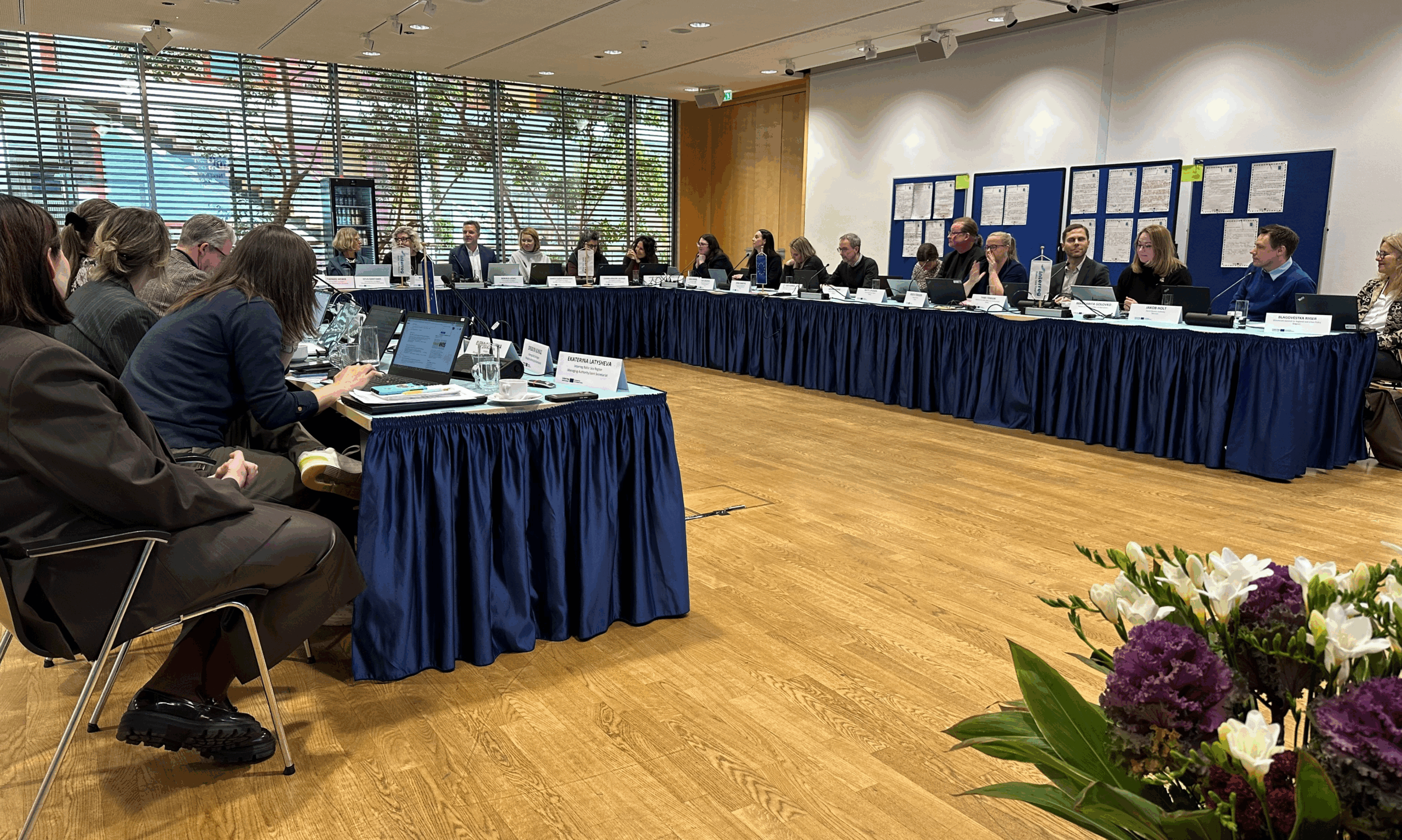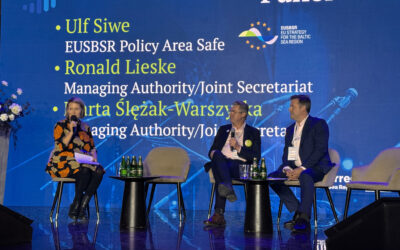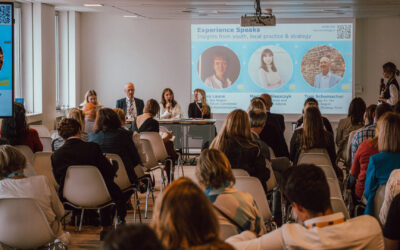
24 November 2025
Monitoring the Programme’s progress: transnational cooperation in the making
Written by Anna Gałyga
Representatives from nine Programme area countries gathered in Berlin on 19-20 November 2025 to review the progress of the Programme’s implementation and start preparing for the post-2027 period.
At the peak of the Programme!
With 115 approved projects and the first ones reaching their finish implementation line, the current Programme is in full swing. Members of the Monitoring Committee reviewed the implementation status and examined tangible project results achieved by core projects, the Programme’s main tool for driving a green and resilient transition in the region.
The Committee also looked into the portfolio of 100 newly submitted applications for small projects currently under assessment. The most promising applications will be selected for funding at the next meeting in March 2026.
With a strong portfolio of project results now in place, the Monitoring Committee also looked into the first eight project platforms launched over the summer. These platforms, designed to consolidate project results for higher impact, bring together projects from multiple EU and national funding sources. As operations of strategic importance, they make a solid contribution to achieving the Programme’s objectives. The next set of project platforms, covering other topics, will also be selected in March 2026.
Cooperation never stops
The November meeting was also an opportunity to review communication activities and the visibility of both the Programme and its projects.
Efficient use of EU funds requires thorough planning and continuous review. To that end, the Committee agreed on the external evaluator for the Programme mid-term evaluation, scheduled for next year.
Towards the post-2027 future!
After the Monitoring Committee meeting, Programme country representatives, as a Task Force, continued discussions on the Programme’s future beyond 2027.
For the first time, they jointly discussed the implications of the new draft regulatory framework and began reflecting on the vision for the next Programme as well as the stakeholder involvement along the way.
Although these are only the first steps in a longer process, it was vital to share initial ideas, expectations, and hopes for how the future Programme can best serve people across the Baltic Sea region in the years ahead.
Check these links
More recent news
Climate-neutral future at hand for Baltic Sea region cities
Turning a city into a climate-neutral one requires knowledgeable people, thorough planning and solid financial resources. But how can cities manage this transition smoothly? The Interreg project Climate-4-Case guides cities around the Baltic Sea on how to do that right.
Designing Interreg Baltic Sea Region that belongs to everyone
10 December 2025 Designing Interreg Baltic Sea Region that belongs to everyone Written by Eeva Rantama What if the next Interreg Baltic Sea Region...
Beyond Borders: Turning Interreg Results into Policy Action
At this year’s EUSBSR Annual Forum in Sopot, the session “Beyond Borders: Interreg Results in Action for a Resilient and Safe Baltic Sea Region” showcased how Interreg Baltic Sea Region projects are transforming challenges into policy-relevant results that strengthen resilience, safety, and cooperation across the region. The session brought together project partners, EUSBSR policy area coordinators, members of the Programme Monitoring Committee and young participants to explore what it takes to turn project outcomes into lasting policy impact.
How territorial cooperation builds us a home: the Baltic Sea region example
A room full of people waving their green and orange cards, prominent panelists on stage, and a clear hero of the day: territorial cooperation, making the Baltic Sea region feel like home. The joint session during this year’s EU Week of Regions and Cities was filled with positive energy, commitment and hopes for the future. What stood out most?






